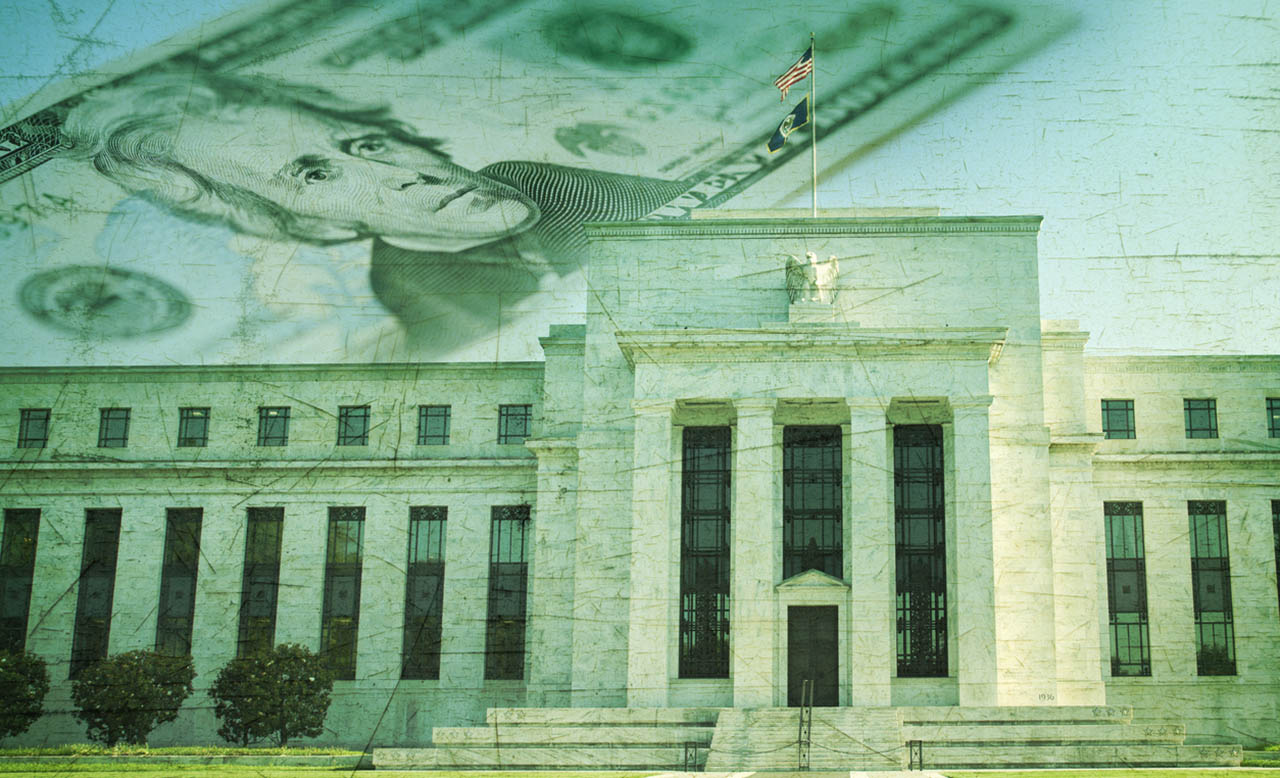The Federal Reserve's unchecked power is hurting our economy.
With the increase in the federal funds rate last week, and two expected increases in September and December, the Federal Reserve Board is gradually raising interest rates.
But the Fed's low interest rate policy is only part of its accommodating stance. The Fed also holds over $4 trillion on its balance sheets, funds that were accumulated during its cycles of quantitative easing after the 2007 to 2008 recession. Quantitative easing has left the Fed with an overstuffed balance sheet that needs to be reduced.
As Mickey Levy, chief economist for the Americas and Asia at Berenberg Capital Markets, tells me in an email, "The Fed's excessively large balance sheet does not serve any positive economic purpose, but has many downside aspects. It does not stimulate economic growth or increase bank lending. It exposes the government and taxpayers to potentially costly interest rate increases. The Fed has been insufficiently transparent about these risks and distorting impacts."
Levy, also a member of the Shadow Open Market Committee, testified on "unwinding" the Fed's balance sheet before the House Financial Services Committee in April.
The Fed should develop a plan to gradually reduce its balance sheet in order to....
Read the entire piece here at U.S. News & World Report
______________________
Diana Furchtgott-Roth is a senior fellow and director of Economics21. She also served on the transition team for President Donald Trump. Follow her on Twitter here.
This piece originally appeared in U.S. News and World Report
